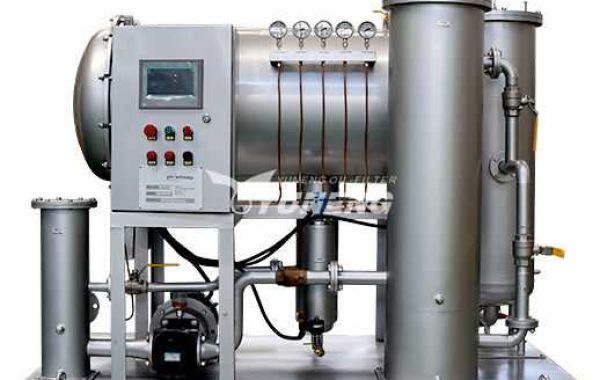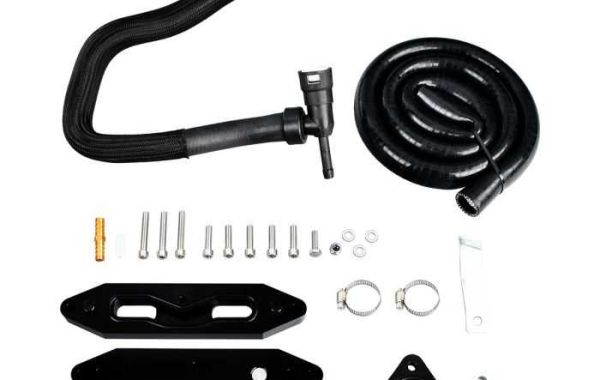The Inner Workings of a Lube Oil Purifier
Lube oil purifiers employ various technologies to clean oil:
Centrifugation: High-speed spinning separates contaminants like dirt, water, and metal shavings from the oil based on their differing densities.
Filtration: Fine filters capture microscopic particles that may have eluded the centrifuge, ensuring thorough cleaning.
Coalescing: For water removal, coalescing media promotes water droplets to merge into larger ones, facilitating easier separation.
Intended for Lube Oil: A Matter of Design
While the core principles of lube oil purification might seem broadly applicable, these systems are optimized for specific fluid properties:
Viscosity: Lube oil purifiers are designed for the viscosity of lubricating oils. Significantly thicker or thinner fluids might not flow efficiently through the system, compromising purification effectiveness.
Additive Compatibility: Lube oil additives play a crucial role in lubrication. Lube oil purifiers might not be compatible with the additives present in other fluids, potentially altering their properties.
Contaminant Types: Lube oil purifiers are designed to target specific contaminants commonly found in lubricating oils. They might not be as effective in removing different types of contaminants present in other fluids.
The Potential for Limited Use Cases
There might be limited situations where lube oil purifiers could be cautiously considered for other fluids:
Similar Fluids: If a fluid shares similar viscosity and additive package with lube oil, and the primary contaminants are compatible with the purifier's design, then limited use might be possible. However, thorough testing and manufacturer guidance are essential.
Emergency Situations: In rare circumstances, a lube oil purifier might be used as a last resort to partially clean another fluid to prevent equipment failure. However, this should only be considered if no other options are available, and the potential for adverse effects on the fluid's properties needs to be weighed against the immediate risk.
Exploring Alternatives: The Right Tool for the Job
For optimal results, dedicated purification systems exist for various fluids:
Hydraulic Fluids: These systems are designed for the specific properties of hydraulic fluids, ensuring proper cleaning without compromising performance-enhancing additives.
Coolant/Antifreeze: Dedicated coolant purifiers remove contaminants and maintain the correct coolant properties for efficient heat transfer.
Industrial Gear Oils: Similar to lube oil purifiers, these systems are specifically designed for the viscosity and additives present in gear oils.
Safety First: Avoiding Costly Mistakes
Using a lube oil purifier for an incompatible fluid can have negative consequences:
Ineffective Cleaning: The purifier might not be able to remove contaminants efficiently, potentially harming the equipment.
Altered Fluid Properties: Lube oil purifiers might damage or remove essential additives from other fluids, compromising their performance.
Warranty Issues: Improper fluid purification might void equipment warranties.
Conclusion
While the concept of a universal fluid purifier might be appealing, specialization is key for optimal performance and equipment protection. Lube oil purifiers excel at their intended task, extending the life of lubricating oils. For other fluids, consulting with manufacturers and using dedicated purification systems is the safest and most effective approach. Remember, the right tool for the job ensures optimal equipment performance and saves you money in the long run.







